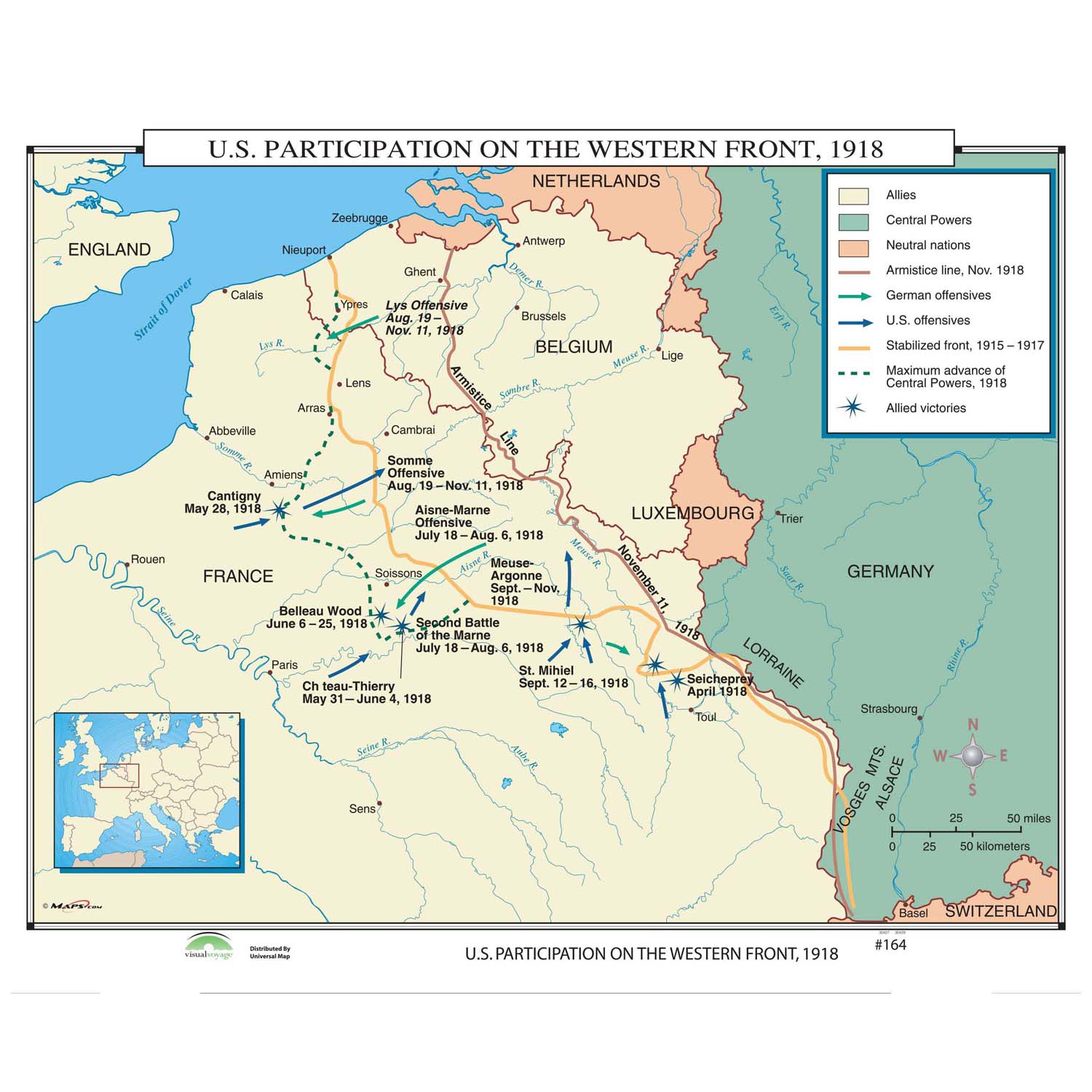


Deploying theory from anthropology, sociology and social psychology, it goes further than previous work in its interdisciplinary scope. It investigates the interrelationship between soldiers’ social and physical environment, and their psychological environment. The dissertation draws on untapped archival material, mainly using sources written during or shortly after the events being studied. Adaptations deflected experiences of chronic crisis and soldiers often failed to register acute crisis and did not distinguish these phases as ones of ‘crisis’ at the time. Generally focussing on moments outside of combat, it argues that many combatants perceived the war itself as a prolonged chronic crisis. Through the examination of contemporary sources, it reveals how infantrymen’s long-term experiential perceptions of war and the Western Front functioned to promote resilience. It analyses the resilience of English infantrymen serving on the Western Front during three acute ‘crisis’ periods faced by the British Army in 1914, 1916, and 1917/1918. This thesis reappraises military morale during the First World War, looking at the relationship between morale and perceptions of crisis.


 0 kommentar(er)
0 kommentar(er)
